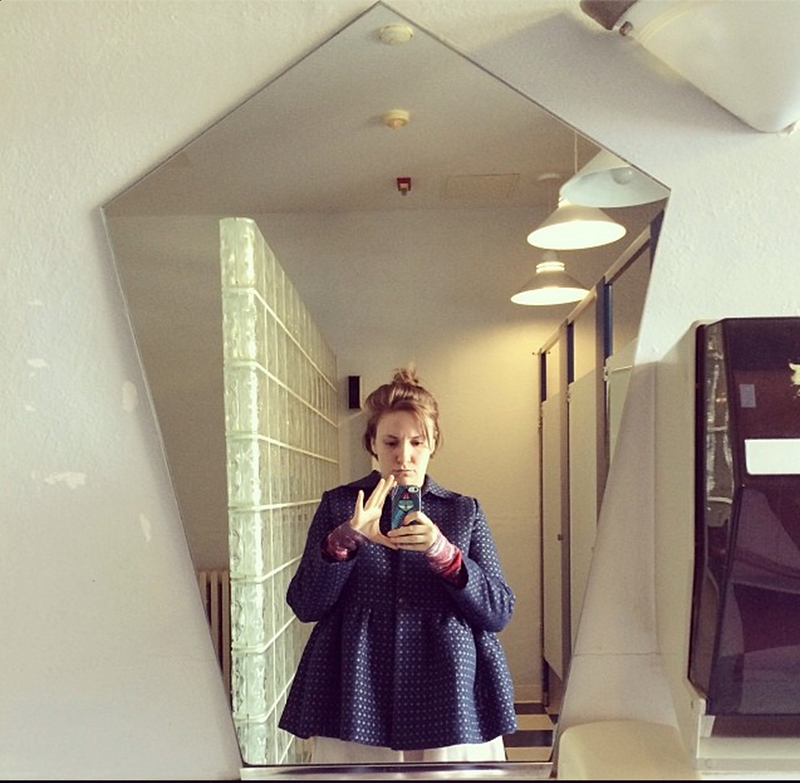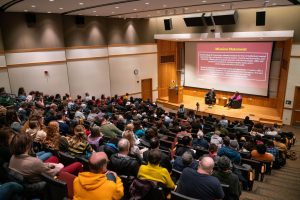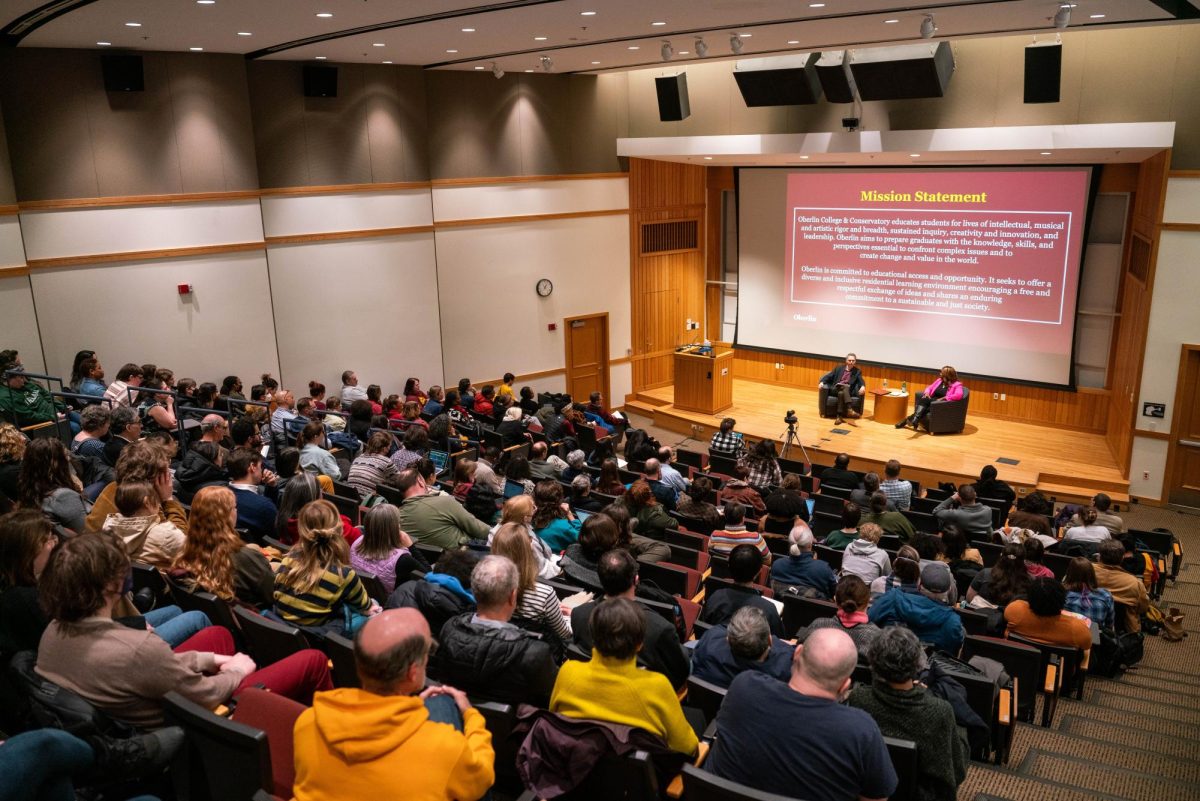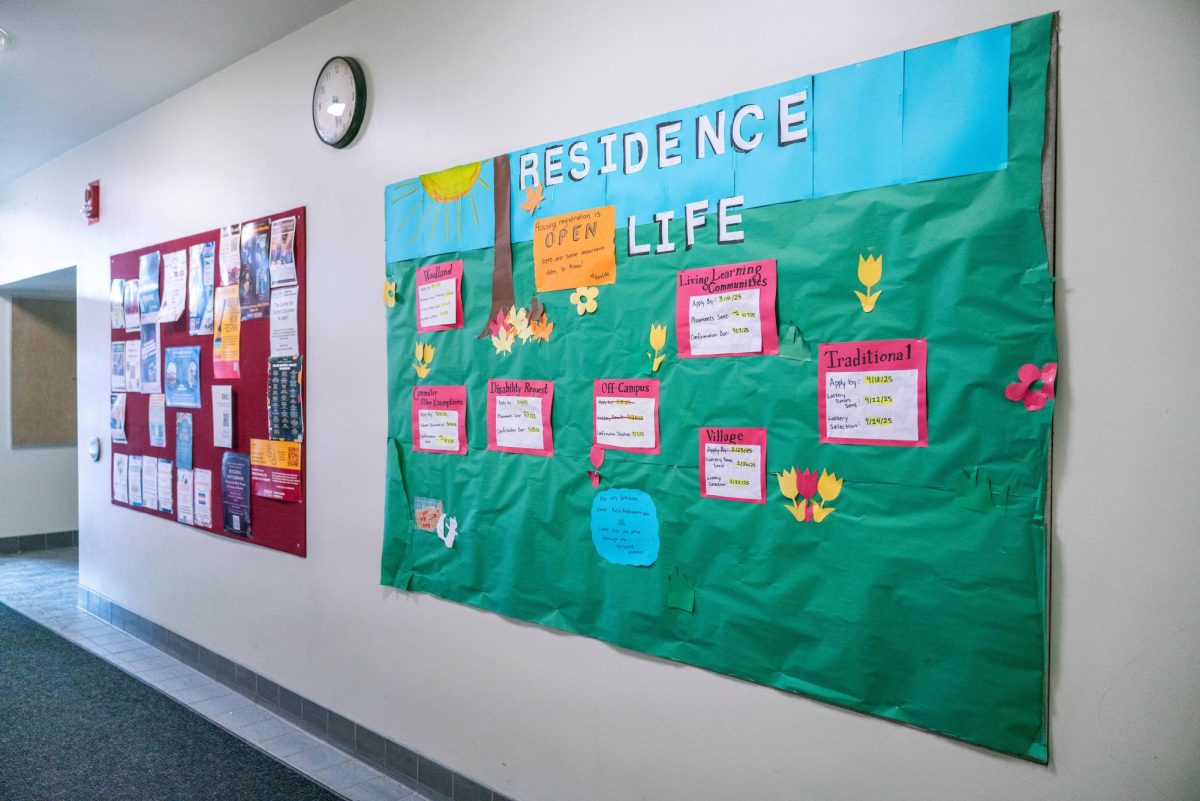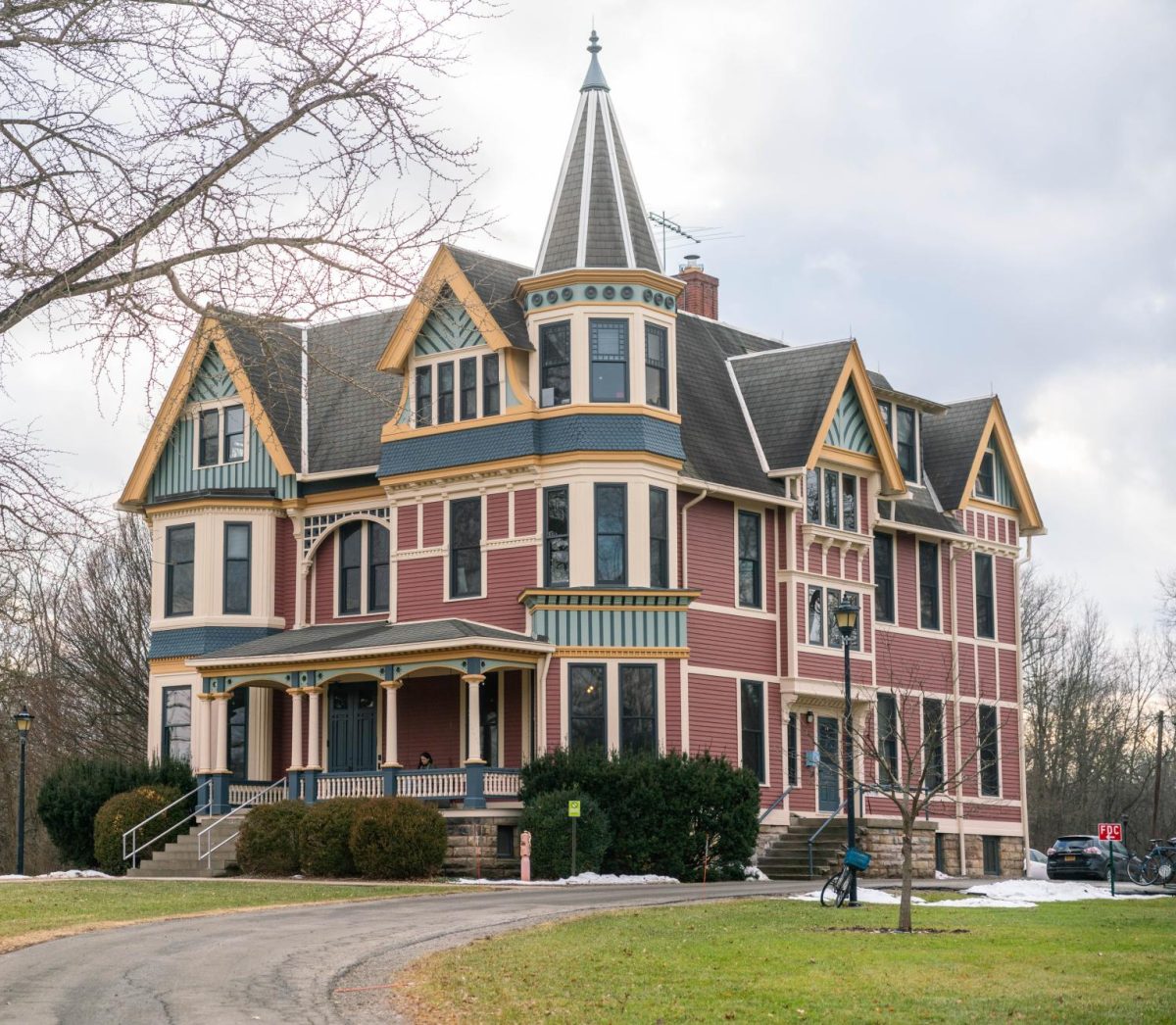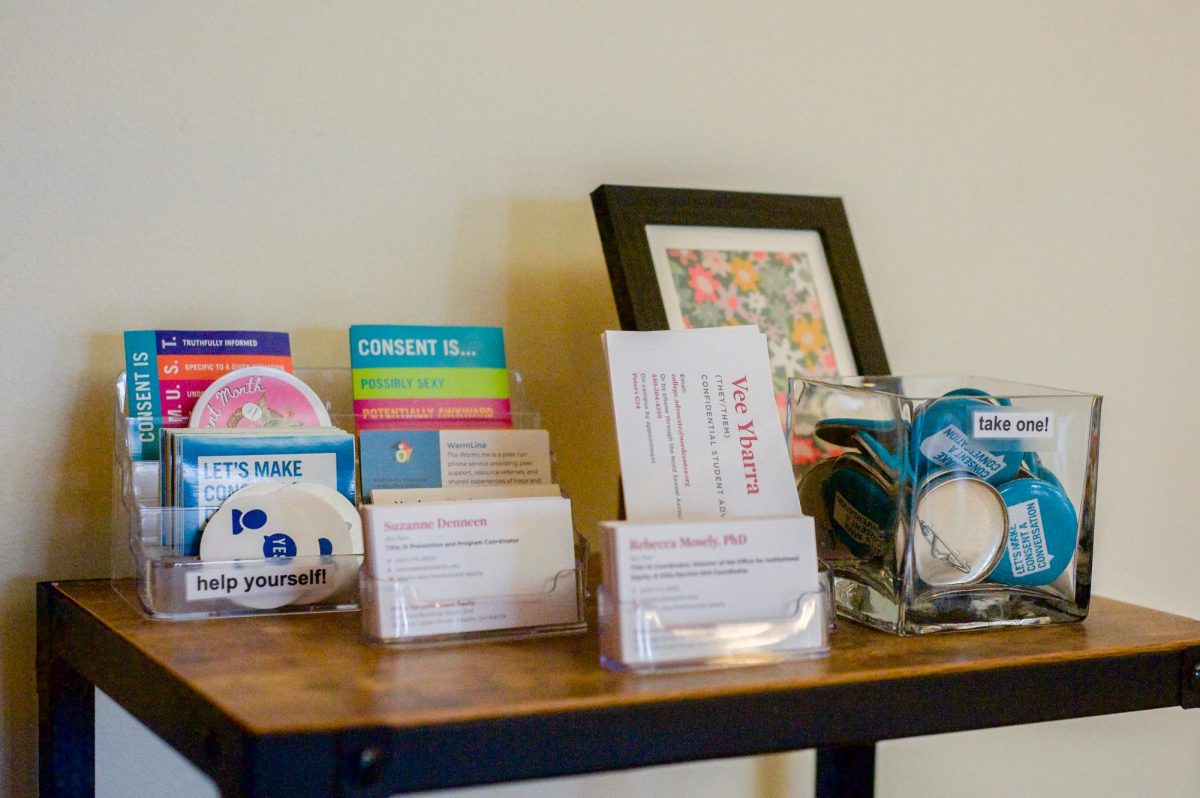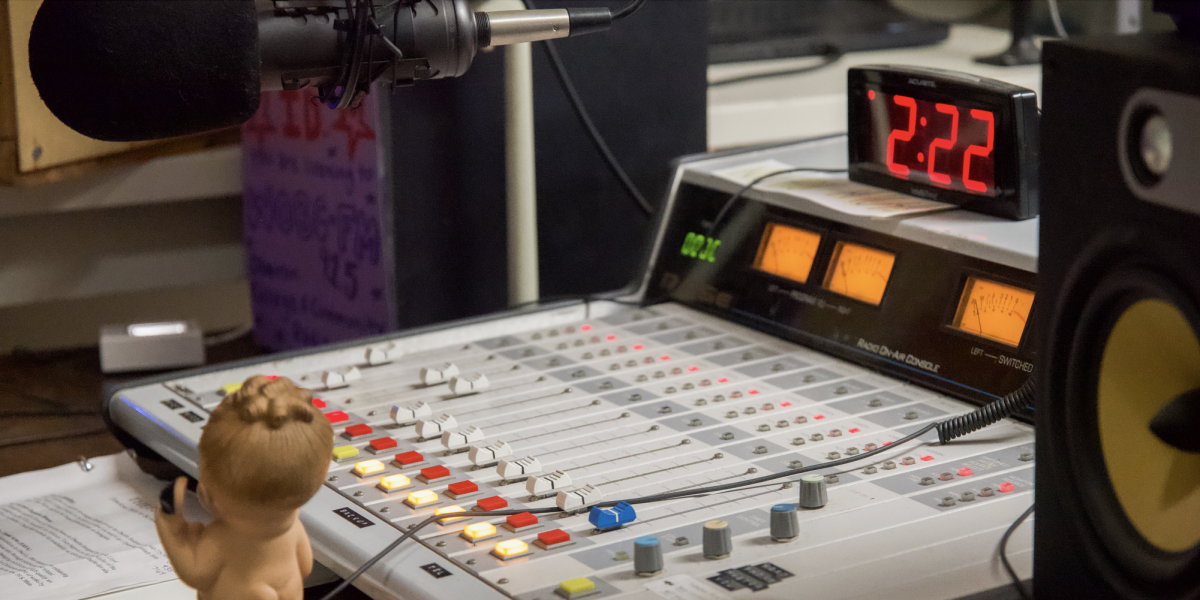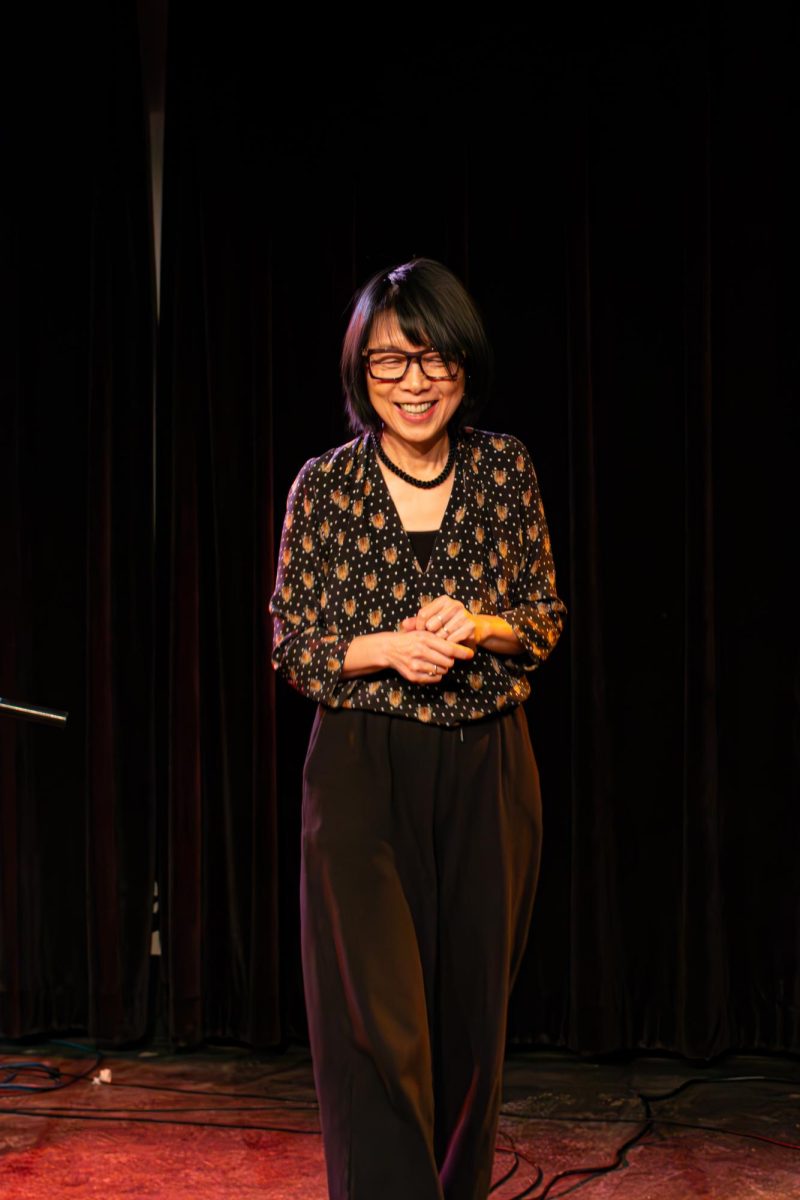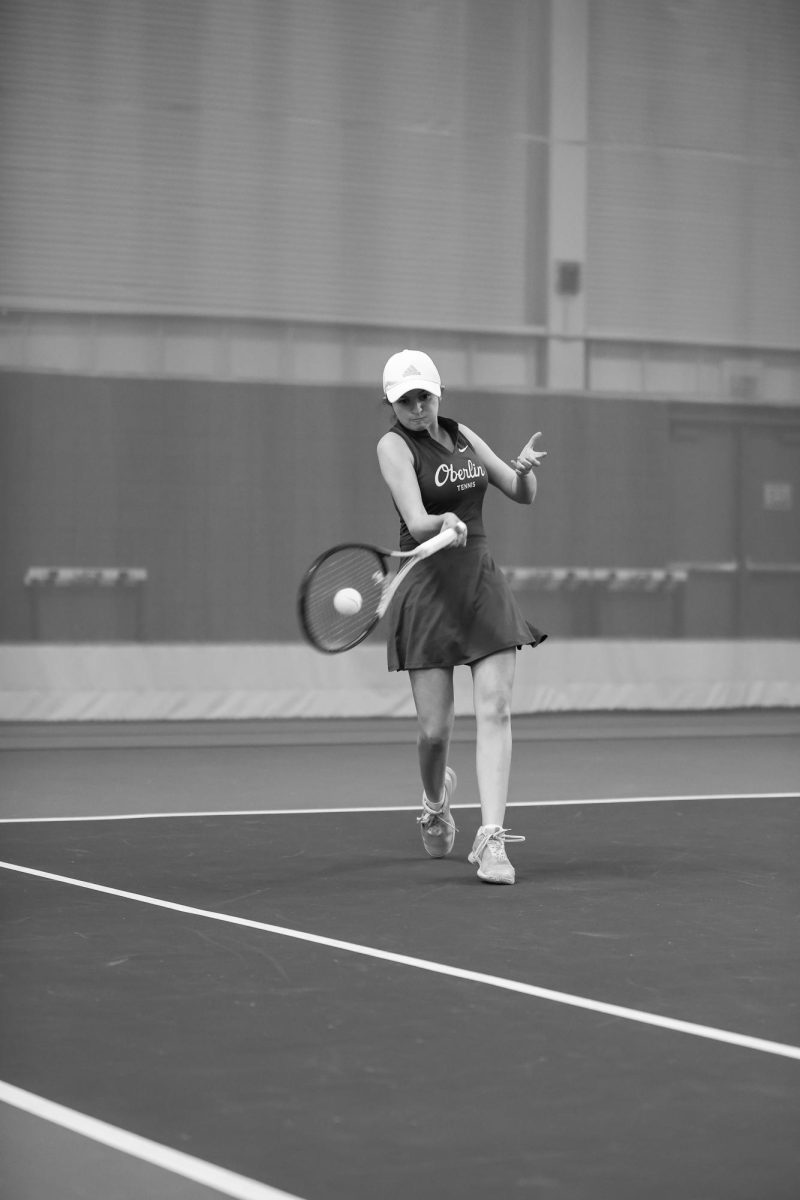Q&A with Alumna Lena Dunham, actress and writer/director of Tiny Furniture and HBO’s Girls
Dunham snaps selfie in Wilder Hall restrooms before convocation last Saturday. Courtesy of Lena Dunham.
February 14, 2014
Lena Dunham, OC ’08, released her first film, Tiny Furniture in 2010, for which she served as writer, director and actress. Her first television series, Girls premiered on HBO in April 2012. Like Tiny Furniture, Girls is a comedy-drama that follows the lives of close friends in their twenties living in New York City. According to Dunham, the show’s premise was inspired by some of her real life experiences. In October 2012, Dunham signed a deal with Random House to publish her first book, an essay collection called Not That Kind of Girl: A Young Woman Tells You What She’s“Learned.” Dunham has won several awards throughout her career including two Golden Globes for Best Television Series and Best Actress.
RB: You incorporate your personal life into your work. How do you maintain authenticity as your life evolves from what you’re working on?
That’s a good question that many people are always really curious about. I think that there is a misconception that if you have success of any kind, your personal problems evaporate, and your anxiety evaporates, and you live in a detached cloud of rainbows and candy and you can’t relate to the common person. But the fact is that I have a pretty stressful job in an industry that is very challenging for women. I get embarrassed a lot, I get anxious a lot; I have friends that are not yet doing what they want to be doing, I have a lot of experiences of things not being received the way I want them to be received. So I have a lot of experience every day to draw from; I just may switch the setting: It’s not going to happen at an award show, it’s going to happen at a party. It’s just about finding a way to translate the myriad of complex emotions that I deal with on a daily basis into the world that I’ve created for these characters. I also have a staff that is full of experiences and full of knowledge, and when we put our heads together, [authenticity] isn’t a challenge.
RW: To what extent are your later seasons a response to the critique of former ones?
It’s a complex question, and it’s a combination. In some ways there’s stuff on the show that’s letting critics know that we’re self aware of what we’re doing, but also, a lot of it is topics that we would have gotten to anyway. I feel like a lot of critics don’t think we were aware of the stuff that they were leveling at us. It’s like, ‘Guys, these are issues that we would have tackled at some point because were human people living in the world, but we just didn’t have the chance when we started.
MS: You mentioned about how you have felt challenged as a woman in your industry, and I’m wondering if you could talk a little more about that.
Yeah, I think it’s probably pretty clear to us, and the people at Oberlin, who are constantly challenging norms that Hollywood isn’t a particularly warm place for women. It’s like once every two years there’s a think piece about how ‘It’s the best time for women than it’s ever been in movies,’ and then things go back to being the same. It’s a challenge just to navigate a world where the programming that speaks to 52 percent of the globe is considered sort of ‘marginal programming,’ or ‘women’s programming.’ [I just want to] challenge the conception. I was reading a book about Sylvia Plath and how she’s one of the greatest poets of all time, and I’m not saying I’m the Sylvia Plath of television, I’m really not saying that. But her medium was challenged. and she was called diaristic and navel-gazing and overly-feminine by all of these male poets, and I think that the same bias towards media that talks about a woman’s experience still exists now.And you know, I don’t want a battle cry of misogyny to become my entire life, but I think that it’s just really important to point it out and acknowledge it.
APW: You mentioned that you aren’t good at collaborating. I was wondering what the process is like on a TV program where you’re collaborating with a large group of people?
I really love my job, and I’ve gotten better at collaborating. I have an amazing partner in show running whom I’m able to fully collaborate with, and I love working with the actors … I would say just the forced collaboration of a second grade science class, or an Oberlin documentary class where the real challenge for me is that you need to be able to choose like-minded people who are able to understand your voice.I’m sure that some of you have found that in college, that just wasn’t my reality. So now that I’m able to pick people to work with it’s great because I’m sort of living in the fantasy land of people whose voices I love and who get what I have to say. I think the sharing ethos of a co-op or something like that was challenging for me. But I respect it.
MS: I think that one of the many reasons that people at this school look up to you is because you’ve turned so many of your ideas into creations which have then become successful. Can you talk about that process?
It’s funny, I think that you always meet people who are like, ‘I’m writing a screenplay about whatever,’ and you know if you talk about your screenplay that much you’re probably not writing it. It’s OK — writing’s really hard, and it’s a lot easier to talk than to write. It’s about sort of forcing yourself to take that next step. I know so many people, and this isn’t just a thing I say, that are so much funnier and more talented than I am, it’s just… I think for a lot of people the reason they don’t write isn’t that they’re lazy, it isn’t that they’re entitled. It’s that they’re scared, because it’s scary to express yourself. It’s scary to write something and put it out there, and you can feel really delusional thinking that you have the right to ask anyone to turn their attention on you in that way. That, for me, has been a big thing. Just realizing that you just have to do it. Just do it.
RW: How has it been shifting gears from this rural Ohio town to being in the center of the spotlight?
Well, I grew up in New York. I always kind of thought I would move back there and embrace the pace of that, and then I had a good three years of kind of skulking around New York doing this and that and the other thing before I started working on Girls. It was just an important time to transition out of the bubble that is [Oberlin]. It’s very emotional to be back and to feel the energy and the cloistered goodness of [Oberlin.] I didn’t think I realized when I was there how special that experience was.


